I strongly reject the notion of “pan-Indianism” — the idea that all Indigenous people are the same and have one homogenous culture. There are over 600 Indigenous communities in Canada, after all, and over 60 Indigenous languages are spoken here. But there is one blanket statement I’d be willing to accept about Indigenous people: they are funny.
“The diner is at capacity,” says Janelle Niles, host of the Got Land? comedy night. “We’ve got to kick out all the white people to make room for the Natives.” It’s early September, and about 55 people have crammed themselves into a small diner in Ottawa’s Glebe neighbourhood for a night of Indigenous hilarity. With six local comics and one headliner (Don Kelly), the event produces a lot of belly laughs and teems with jabs at colonialism and Canadian history.
Got Land? feels fresh, with talented up-and-coming comics such as Niles, who is Mi’kmaq (Bear Clan) from Sipekne’katik First Nation in Nova Scotia, taking their place on stage. These new comics are joining a scene that includes more established performers such as Howie Miller, Ryan McMahon, Tim Fontaine, Drew Hayden Taylor and Candy Palmater, all of whom are gaining mainstream audiences with jokes that appeal to Indigenous and non-Indigenous people alike.
But Indigenous comedy is by no means a new thing. Niles, for example, was inspired to take a crack at the art form thanks to trailblazers like Charlie Hill (the first Native American comic to appear on late-night television in the 1970s) and Don Burnstick (who has been telling jokes since the 1980s, and has an iconic bit about the way Indigenous women laugh).
Humour brings Indigenous people together in powerful ways. A couple of days before Got Land?, Niles and I had a chance to meet and connect over our shared experiences and our love of comedy. She had me in stitches throughout our conversation — she clearly has a knack for cracking jokes. But what really struck me was how familiar her energy felt. Whenever I meet an Indigenous person, I can sense this desire to make others in the room more comfortable through laughter.
It’s no coincidence that Indigenous people have a rich history of humour. “We all share that knowledge of trauma,” Niles tells me. “And we can laugh at the small things that we’re all subjected to. It’s a brotherhood [and] sisterhood we’re a part of whether we know it or not.”

The traumas inflicted through colonization — the reserve system, residential schools, the Sixties Scoop, the continued underfunding of the child welfare system and so much more — often make life difficult to cope with and require a response that can humanize and soften situations that might otherwise prove unbearable. Because of this, comedy has deep roots in our communities.
“We are the product of our parents being stripped from their culture. Trying to learn to laugh after all of that was hard,” says Niles. “[Comedy] really was used as a tool of survival. Trauma and comedy [go] hand in hand.”
This is true in the United States as much as it is in Canada. “I really believe for my people, and my tribe, that comedy kept us alive through a genocide,” says Kiowa/Apache comedian Adrianne Chalepah on the Dangerous World of Comedy, a television show that looked for humour in the most unusual, unexpected and sometimes dangerous places.
There’s a significant body of research that backs these ideas up. A study conducted at Stanford University in 2011 found that jokes often help people cope with horrifying images, and that the most effective form of cognitive reappraisal (the practice of lessening the emotional impact of an experience by reframing the initial perception of it) is good-natured comedy.
But it’s not just about finding a way to process trauma. Indigenous comedy can be didactic, too. It provides a platform for Indigenous people to reclaim space, share their truth and — whether they intend to or not — educate their audiences.
Tim Fontaine is the “Editor-in-Grand-Chief” of Walking Eagle News, a satirical news website that focuses on Indigenous issues. Similar to The Onion, Fontaine’s site publishes stories with headlines such as “Indigenous people relieved white males remain arbiters of what constitutes racism” and “Proposed pipeline will cross through every single Indigenous community in the country.” The website is funny, but it also points to the real challenges facing Indigenous communities, their reoccurring frustrations with politicians and the rampant discrimination they face.
In a similar fashion, Drew Hayden Taylor’s recent documentary, Searching for Winnetou, strikes a balance between hilarious irony and sharp cultural criticism. The film documents the bizarre fascination a particular subculture of Germans has with Native Americans. They’re obsessed: they dress up in “Indigenous regalia,” do beadwork and build tipis. They even hold their own powwows. It’s hard to view the film without laughing. Yet the documentary also opens up a complicated conversation about cultural appropriation versus appreciation.
And Niles’ set is satirical, too. In it, she sings her own rendition of the Woodie Guthrie song This Land Is Your Land. The comedian’s version teaches listeners about the Highway of Tears and challenges Guthrie’s presumed possession of America, saying that this land is in fact not your land at all.
“We are the product of our parents being stripped from their culture. Trying to learn to laugh after all of that was hard.”
By teaching about the legacy of colonization and dissecting current Indigenous/non-Indigenous relations, Indigenous comedians are educating the masses through their comedy, and it can be a lot to digest. It can challenge the listener and make them confront some uncomfortable realities. But it can also be productive and informative, explaining the truth of colonial history in an environment that doesn’t feel confrontational.
No one wants to be told they’re wrong, or that they’re the inheritors of privileges gained through violence, injustice and discrimination. Sometimes, it can be dangerous to say so. Comedy provides a safe way to address a lot of these issues without ruffling too many feathers.
“With comedy, your delivery is more gentle,” Niles tells me. “If you finish and people walk away with this new set of thoughts, or they want to look something up afterwards that they maybe didn’t know much about, then that’s a win.”
While comedians are doing their best to raise awareness and challenge colonialism, there’s still a lot of work to do in Canada when it comes to learning, unlearning and reconciliation. As long as this country remains colonial, Indigenous people will have to continue making jokes about it.
This essay first appeared in Broadview’s January/February 2020 issue with the title “A tool for survival.”

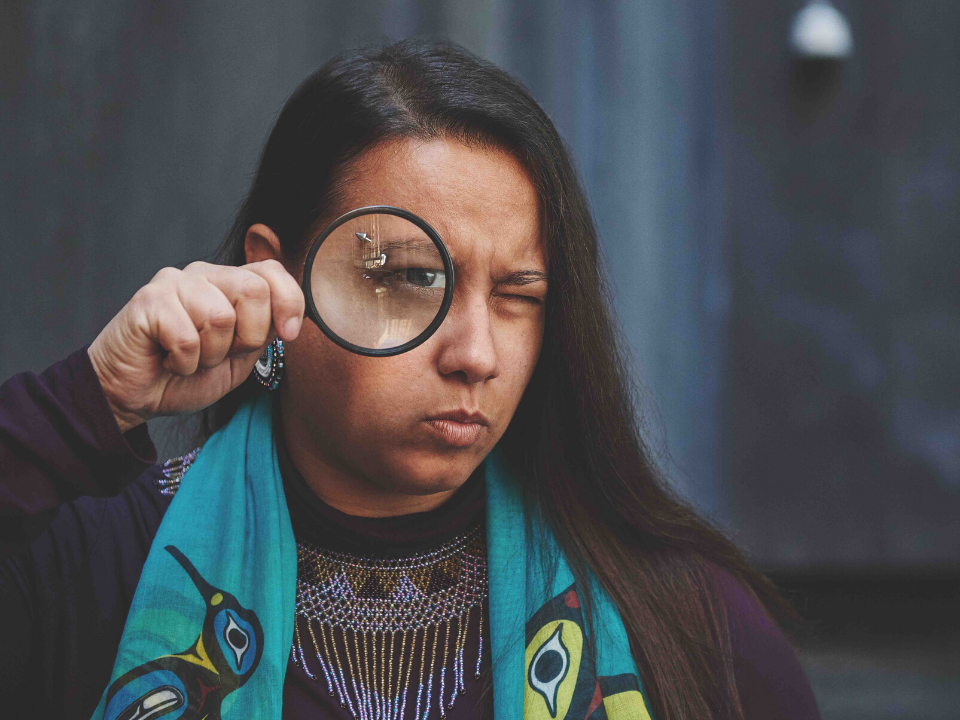








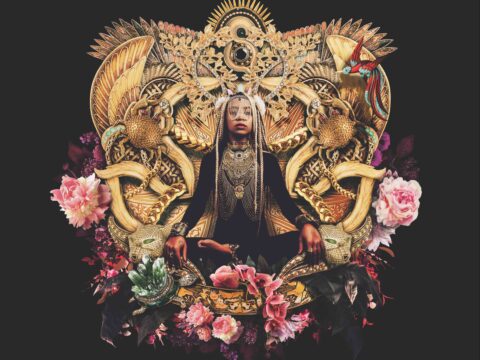
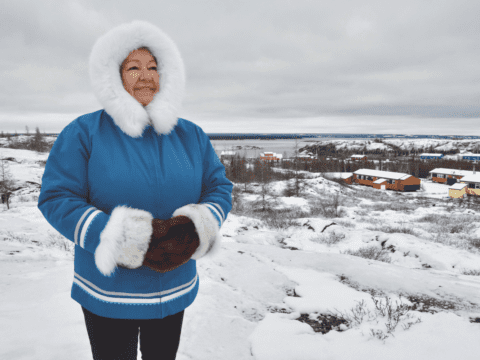
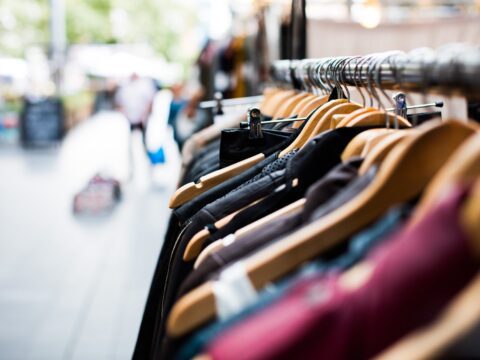
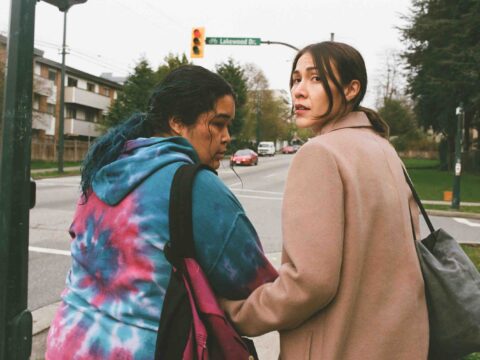
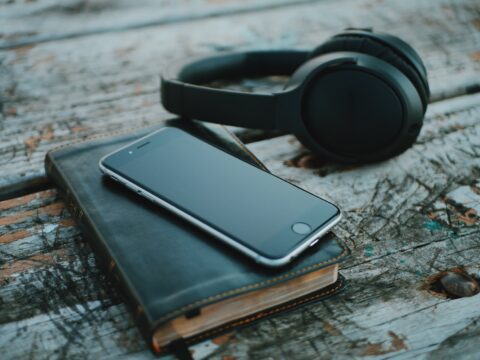

And yet, Indigenous people think “white man” are all the same and have one homogeneous culture.
I often wonder what would happen if the “white man” did leave (argument sake) Canada, and took everything they brought, and built with them.
I’m sorry you feel cheated. I too need to “work the land” to feed, clothe and house myself.
Quit griping and feeling sorry for yourself and let’s both get on with living together.
The White people comment was not to be taken so literally. Your insecurities to the plight of indigenous peoples and their coping mechanisms through comedy and healing sounds like a personal problem. Sorry you feel this way, Sir. We will carry on regardless.
It is not insecurity that I have. I cannot imagine what it would be like to be stripped of my home and dignity, to be forced to be like someone else. To be honest, I’m sure if I were around in the 15th to 17th century, I would have condoned the actions of the Church and Government (it would be true if the “shoe was on the other foot” as well). However, I was born in the 19th century, and I cannot reverse the actions of my forefathers.
I do not however like to hear how “I” have mistreated the native peoples. Throwing money at issues doesn’t make it go away, and apologizing seventy times seven starts to irritate, rather than reconcile.
I too love to laugh at myself, more people should learn how to do it, we’d all be better off.
To carry on, we both need to work together without grudges and suspicions, but it doesn’t seem to be happening.
Following the (un)Holy Crusades, European colonialism (among other distortions of Constantinean Christianity such as Slavery, Holocaust (Shoah) and Apartheid have relegated the church to the margins where it belongs. It might be helpful for the younger generations to laugh at such enduring evils of humanity which were dehumanizing nightmares for the older generations for centuries.